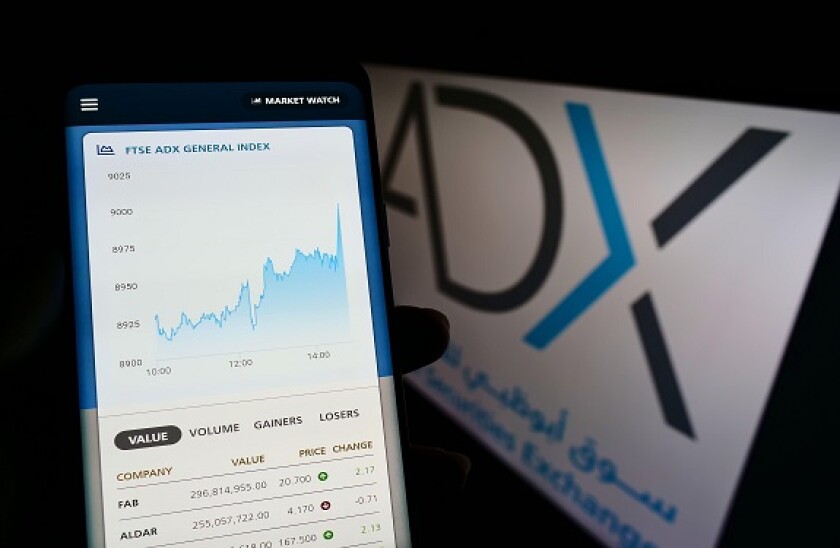New stockmarket flotations have long been considered a marquee business within investment banking alongside M&A, but the traditionally lucrative area of equity capital markets has fallen into a deep slump in Europe as a result of volatility over the last eighteen months.
Few expect the depression in European IPOs to resolve itself any time soon as sellers continue to shun the market due to the unfavorable valuations on offer.
The recent track record of deals is also poor.
Shares in Lottomatica, the Italian gaming company, are still down 8.4% since the company’s €600m IPO on the Milan Stock Exchange in March. EuroGroup Laminations, the Italian maker of motor parts for electric cars, has fared better, with the stock now trading up 9% following a recent rally, although it initially traded down as much as 16.8% in the month following its flotation in February.
Ionos Group is the worst performer, having tanked more than 19% since its IPO in Frankfurt during the same month.
Aside from these three transactions, there have no major IPOs in Europe this year. Meanwhile, the market in the Middle East has continued to flourish, albeit at a much slower pace than last year.
Last year, IPO volumes in Europe fell to their lowest levels since the financial crisis, not just in London, which is currently experiencing deep angst about its relevance as a financial center, but also on other major European exchanges such as Frankfurt, Amsterdam and Paris.
The response in the UK has been to launch a sweeping overhaul of the listing rules, and there are similar plans forming across the rest of the continent. But arguably, much deeper cultural change is needed to make investors want to buy European IPOs again.
Equity capital markets bankers constantly bemoan the fact that sellers in Europe tend to squeeze every possible cent out of an IPO, leaving little money on the table for investors. This is often one of the factors that causes deals to trade down in the aftermarket. Deals do not get priced to pop.
The culture in other markets is simply different, such as in the United States for example, but also increasingly in the Middle East. Many of the recent large deals in the region, such as Adnoc L&S last week, could have priced much higher given the scale of the demand for stock, but were not. This is because the sellers recognised the importance of the aftermarket, given the need to attract foreign capital and ensure the successful build out.
While the local markets in the United Arab Emirates and Saudi Arabia have their own unique features and political backdrops, IPO issuers in Europe should learn from how deals are done in the Middle East, where the initial freefloats of companies tend to be much smaller. Adnoc for example sold only 19% of its logistics division after increasing the size of the deal, which was 163 times covered.
Selling less at a bigger discount creates a scarcity value and tempts investors to buy more stock in the aftermarket, ensuring the success of an IPO and enabling sellers to sell more shares later through blocks at a better price.
In the United States and increasingly the Middle East this is common practice and ensures that IPOs tend to pop on day one rather than only trade up slightly or tank, as has become increasingly common in Europe.
European companies going public could also do more to include retail investors, who provide an additional tail of demand, despite being bemoaned as an unknown quantity by bankers and issuers. Porsche did last year but was one of the very few to have a retail tranche on an IPO in Europe in recent years.
Investors will not buy into IPOs if they feel they will not make money. Big deals trading up again will provide the feel-good factor that Europe’s IPO market needs to get back on its feet, but that will not happen unless some issuers are brave enough to approach their stockmarket listings from a more pragmatic and less greedy standpoint.

